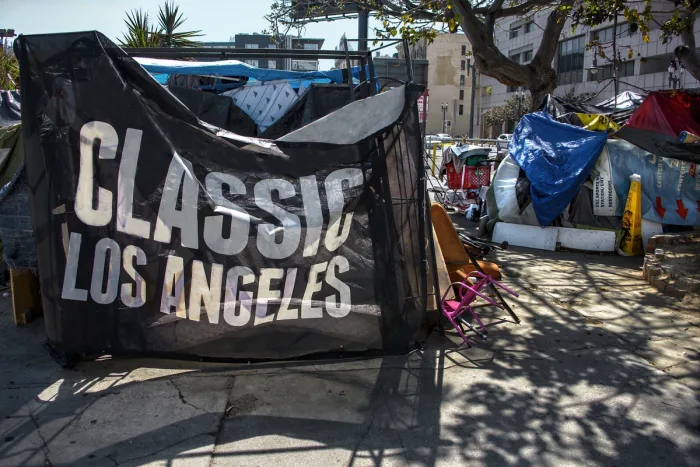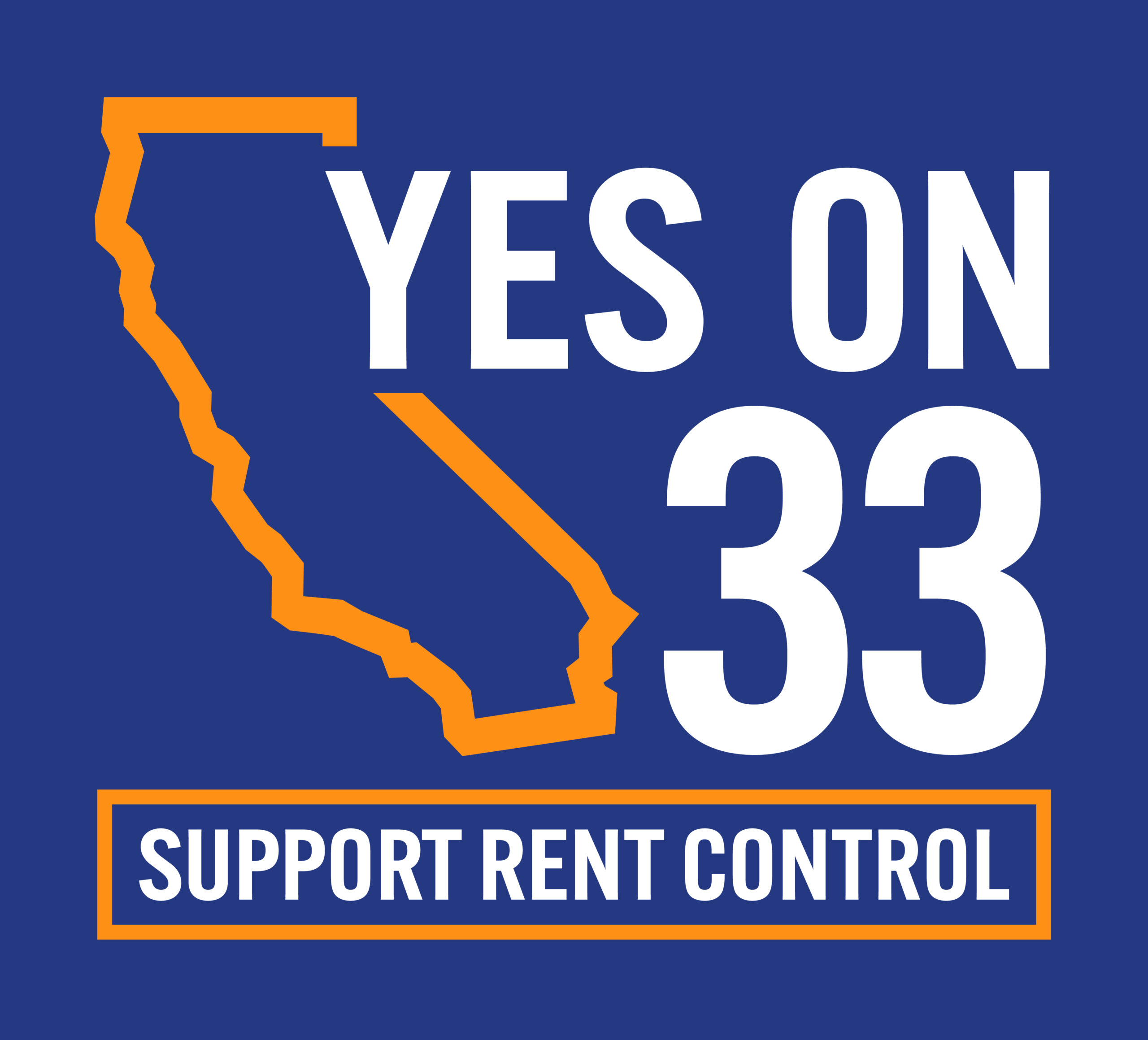
If you understand that housing is a basic human right, then our starting point is simple: Everyone must be housed.
How did we get to this unprecedented place in human history where more than 653,000 people are homeless in America, and the number keeps rising?
Last year, homelessness increased by 12 percent in the United States with tens of thousands more people ending up in shelters or on the streets. The crisis is especially critical in Los Angeles, where I live and where more than 46,000 people now are homeless, in one of the world’s richest cities, no less.
Unless we believe that the masses of people who now find themselves homeless were destined to live on our streets, then there are causes. There is no doubt that there are people faced with important life choices that make bad decisions. Likewise, there are individuals who fall on very bad luck. But it is lazy and irresponsible to think that homelessness is their fault alone.
If you understand that housing is a basic human right, then our starting point is simple: Everyone must be housed. Just as we have universal education, publicly maintained roads and bridges, public transportation, and water to drink everywhere, housing also must be available to everyone. No one is entitled to a guarantee of luxury housing, but every single human being needs a place to live.
It is only until recently that affordable housing was out of reach for tens of millions, and only in the last ten years that homelessness exploded. Did more people become mentally ill or addicted to drugs? In California’s case, are people flocking to the state to be homeless? The answer, over and over again, is no, and, in fact, there is an abundance of evidence to the contrary. Most of the homeless individuals in Los Angeles, as just one example, come from Los Angeles.
Homelessness flows directly from extreme income inequality, which is rising every year, more than 653,000 people are homeless in America . We have pushed poor people down so low that they don’t even have a room to call their own, let alone an apartment or house.
When our roads cave in, Americans ask why they weren’t properly repaired. When children fall behind in school, we ask how we can reform U.S. education. But when it comes to the housing crisis, we blame the people most at risk and the intrepid souls who reach out to help them. Homelessness is not just a condition of an individual; it is a verdict on our society.
Extreme greed has dug us into a deep hole in California. We somehow believed that we could keep ladling out subsidies to landlords, drug companies, insurers, and the like at the expense of the people, and we wouldn’t have to pay the price.
Many people of goodwill are trying to step into the breach created by poor governance and benign neglect. Nonprofit organizations are volunteering to address the affordable housing and homelessness crises and do the job of city, county, and state governments without adequate resources or support. The nonprofit sector now bears the lion’s share of responsibility for supporting the poor and the homeless, and what do they get for it? Criticized and attacked.
Not only has homelessness exploded, but Americans are more rent-burdened than ever before. The average U.S. renter spends about one-third of their income on housing. This is not an exception in today’s America; it is the rule.
Extreme greed has dug a very deep hole. Developers and corporate landlords—obsessed with luxury housing at all costs—have exacerbated the problem. And despite “reformers” spending billions of dollars and giving lofty speeches, Americans keep digging. We somehow believed that we could keep ladling out subsidies to the likes of landlords, drug companies, and health insurers at the expense of the people without eventually paying the price.
Well, America is paying the price, and we need to climb out of the hole before it gets too deep. Rent control is one potential solution to the problem, and Californians would be wise to advance it in 2024. The same goes for Georgia, where low-income families are struggling to pay for housing in one of the country’s “most affordable” states.
The rent is too damn high for too many. There is too little public housing, and Big Real Estate dominates our political structure.
All sectors of society must be mobilized in a unified effort to end homelessness. Pointing fingers at people who have fallen on hard times and the dedicated people who have stepped into the breach gets us nowhere. It only guarantees more suffering.
The opinions expressed here are solely the author’s and do not reflect the opinions or beliefs of the LA Progressive.
